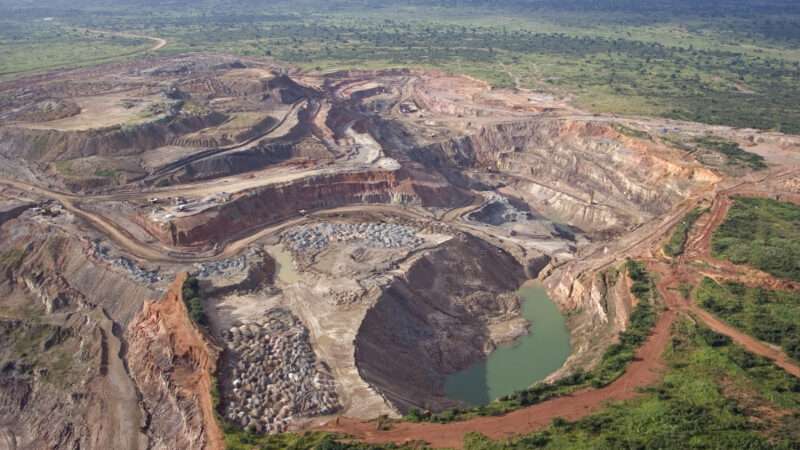
While oil and gas have gotten most of the headlines in the Russian sanctions debate, with oil being the commodity whose price changes are most obvious to the average consumer, the effect of sanctions on other Russian commodities is also important. Russia controls 4 percent of global cobalt production, for example, and 11 percent of nickel production. Following the sanctions package dropped on Russia, cobalt's price increased from $74,000 per ton to $82,000 per ton and has now more than doubled since the start of 2021. Nickel's price, meanwhile, has zoomed since the beginning of March, rising from $25,000 per ton on March 1 to a high above $45,000 briefly before settling at $32,000. Since 2019, the price of nickel has nearly tripled.
Shortages and price rises in those commodities will stymie any transition from carbon-emitting combustion engines to electric cars, since the average electric car battery contains 80 pounds of nickel and 15 to 30 pounds of cobalt. Increased gas prices due to a Russian oil collapse would not necessarily increase the adoption of green energy programs because electric cars, solar panels, and wind turbines all use nickel and cobalt to varying degrees. The rising costs of nickel and other inputs will very likely cause electric vehicle batteries, which were growing rapidly less expensive over the last decade, to stop getting more affordable until at least 2024.
Reduced access to Russian commodities will drive up the cost of renewables and electric vehicles as gas prices also increase. It's easier to increase oil production than it is to increase nickel or cobalt production; America has at least 35 billion barrels of proven oil reserves and OPEC can increase oil production whenever it wants. Pumping more oil is a faster and less arduous process than building a new nickel mine.
But the U.S. has another available source of nickel and cobalt that could be counted on when countries on the other side of the world have production difficulties due to war or internal strife, and it's a scant 90 nautical miles off the coast of Florida.
Unfortunately, this source happens to be Cuba, and American companies have been forbidden by law to do business with Cuba for most of the last 60 years.
Cuba has the fifth-largest estimated nickel reserves in the world and the third-largest cobalt reserves. Its reserves of nickel are almost as large as those of Russia (5.5 million metric tons to Russia's 6.9 million) and Cuba actually has twice as much cobalt as the Russians do. With the exception of Canada, which only has 40 percent of Cuba's estimated reserves, all the top cobalt-producing countries—Australia, the Democratic Republic of the Congo (DRC), Russia, and the Philippines—are on the other side of the world from America's manufacturing centers and therefore subject to potential supply chain disruption.
Three of those countries are untrustworthy as sources of cobalt because the DRC and the Philippines have serious questions regarding political stability, and there is no telling what will happen to Russian commodity production while Putinism is making it history's most sanctioned economy.
Cobalt and nickel are only going to grow more important over time and are increasingly integral to American energy policy and manufacturing. These two resources come disproportionately from sources that we cannot rely on in the long term.
The good news is that America has an available trading partner within spitting distance of Miami that is among the most nickel- and cobalt-rich places in the world. The bad news is the U.S. government's continued shocking, stubborn refusal to take advantage of this golden opportunity because of anachronistic and always-harmful Cold War–era sanctions on Cuba.
Cold Warriors might spin in their graves at the thought of America making common cause with Latin American socialists so as to shore up vital resources in a potential second Cold War with an ultra-nationalist, far-right Russian government. But America cannot afford to be beholden to the policies of the 1960s. We should scrap the Cuban sanction policies and do business with any country in the Western Hemisphere that wishes to trade with us, or we will find that resources upon which we rely cannot be accessed in times of crisis. Fidel Castro is dead; it is past time our sanction policies followed him.
The post Buy Cuban Minerals To Mess With Russia appeared first on Reason.com.







